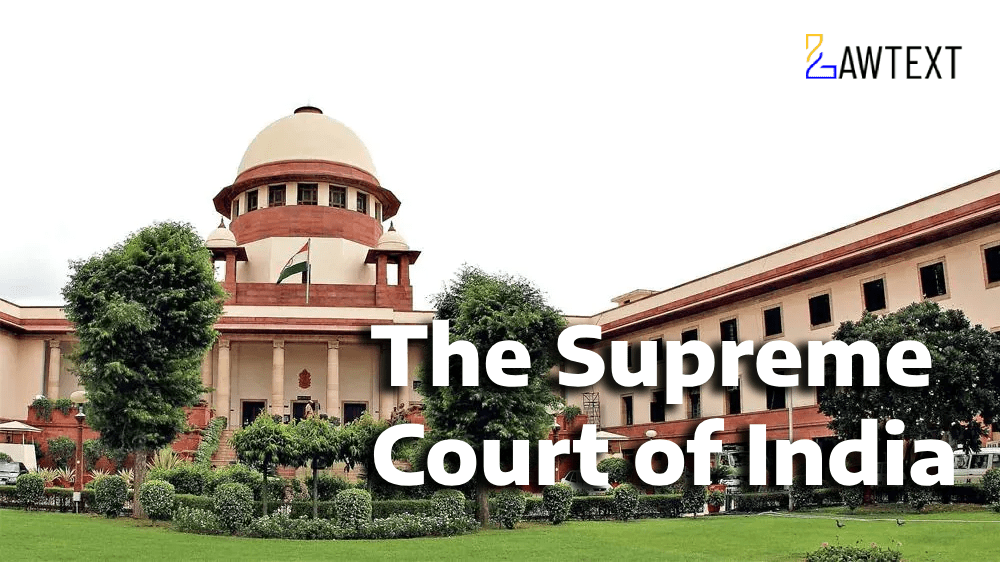Case Note & Summary
The Supreme Court of India ruled that the state of Rajasthan has the legislative competence to levy and collect stamp duty on insurance policies issued within its territory. This judgment arises from the appeals filed by the Life Insurance Corporation of India (LIC), challenging the imposition of stamp duty by the state government. The court upheld the legislative and constitutional provisions supporting Rajasthan’s authority but provided relief based on specific circumstances surrounding LIC's compliance.
Background of the Case:
LIC issued various insurance policies in Rajasthan between 1993-94 and 2001-02. The state required LIC to pay stamp duty under the Indian Stamp Act, 1899, as adapted in Rajasthan through the Rajasthan Stamp Law (Adaptation) Act, 1952. LIC had purchased stamps from Maharashtra due to a lack of availability in Rajasthan.Legal Dispute and Proceedings:
The state government demanded a large sum in stamp duty arrears, leading to show-cause notices under Section 37(5) of the Rajasthan Stamp Act, 1998. LIC challenged these demands, arguing the state lacked legislative competence under the Indian Constitution.High Court’s Judgment:
The High Court upheld the state’s imposition of stamp duty but dismissed LIC's writ petition on the ground that an alternative remedy existed under Section 65 of the Rajasthan Stamp Act.Supreme Court’s Analysis and Findings:
The court examined the constitutional scheme (Entry 91 of List I and Entry 44 of List III of the Seventh Schedule) and concluded that while the Union prescribes stamp duty rates for insurance policies, the state has concurrent power to collect the duty at that rate. The court clarified the applicability of the Rajasthan Stamp Law (Adaptation) Act, 1952, as it was in force during the relevant period.Rationale and Relief Granted:
The Supreme Court acknowledged that LIC’s actions to purchase stamps from Maharashtra were due to an admitted lack of availability in Rajasthan. While affirming the state’s authority, the court directed that specific stamp duty demands be waived, as LIC’s compliance efforts were made in good faith based on the circumstances. Acts and Sections Discussed: Indian Stamp Act, 1899 (as adapted by Rajasthan Stamp Law (Adaptation) Act, 1952). Rajasthan Stamp Act, 1998, specifically Section 37(5) concerning show-cause notices. Article 246 of the Constitution of India: Delineates legislative competence between the Union and state legislatures. Seventh Schedule: Entry 91 of List I (Union List), Entry 44 of List III (Concurrent List). Ratio Decidendi:The case lies in interpreting the legislative competence regarding stamp duty collection on insurance policies under the Seventh Schedule of the Indian Constitution. The Supreme Court affirmed that while the Union prescribes stamp duty rates, the states have concurrent jurisdiction to levy and collect such duty for policies executed within their territory.
Subjects:Stamp Duty, Legislative Competence, Insurance LawInsurance Policies, Constitution of India, State vs. Union Legislative Powers
Issue of Consideration: Life Insurance Corporation Of India Versus State Of Rajasthan And Ors.
Premium Content
The Issue of Consideration is only available to subscribed members.
Subscribe Now to access critical case issues





